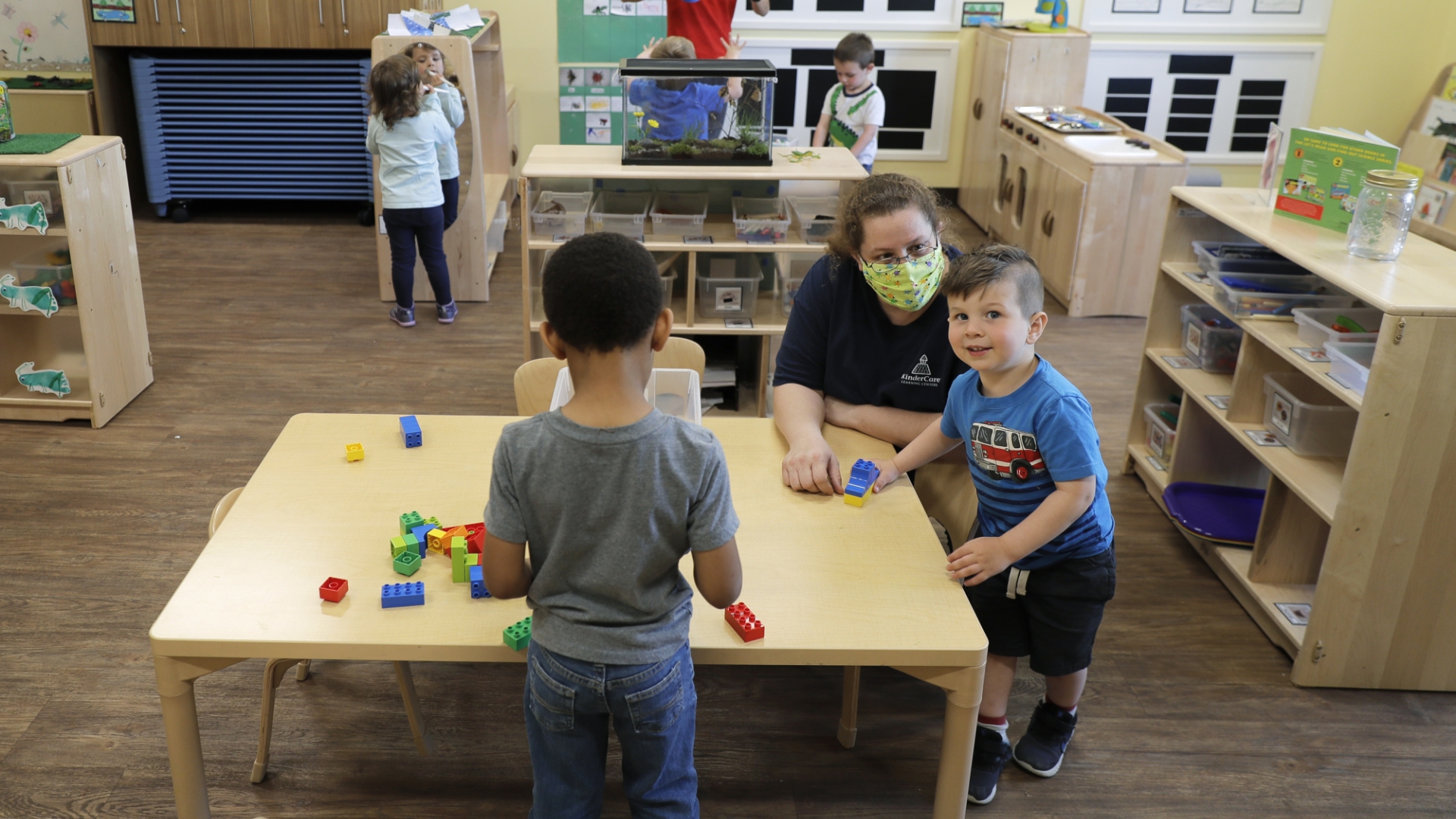How Prepared Are Schools To Keep Your Children Safe: It depends on where you live, your family’s needs, and the steps your child care facility takes to help prevent the spread of COVID-19.
The American Academy of Pediatrics advises child care centers to work with local and state health departments to help keep children and staff as safe as possible.
RELATED: When Is The Health Of Our Children Too Expensive
Check in with your pediatrician
Pediatricians are providing many different ways to stay connected, and they’ve made changes to keep in-person appointments as safe as possible.
Don’t hesitate to talk with your pediatrician about child care during the pandemic. Your pediatrician can help you make decisions based on your child’s medical history, your family circumstances, if immunizations are up to date and by checking that growth and development are on track.
All to make sure your child is in good overall health.
Your pediatrician can talk about the pandemic’s impact in your local community, the latest health department recommendations, camps and safe return to school.
Check in with your child care provider
You’ll want to be comfortable with how the facility plans to clean and disinfect, screen children and staff for COVID-19 symptoms, and handle illness.
Cleaning and disinfecting procedures. Are they following CDC recommendations for keeping surfaces free of germs? This includes cleaning and removing disinfectant from toys before infants and toddlers play with them.
Screening. Before coming into the center each day, will children and staff have their temperatures taken to make sure they do not have a fever (100.4 degrees Fahrenheit or higher) or other signs of illness?
If the center does not take temperatures, will parents be asked to take their child’s temperature each day before drop-off?
Testing & isolation. If someone gets sick, will they need to get tested for COVID-19? If someone tests positive, how long should they stay home from child care?
In case a child starts feeling ill during the day, is an isolation room set aside? What is the policy for children and staff returning to the facility after they get better?
Routines
You’ll also want to make sure the center has a plan for keeping your child safe during daily routines. This includes:
Personal contact policies. Who will have contact with your child? Will they be required to be screened and wear cloth face coverings? Will your child stay in their classroom and not mix with other classrooms or groups?
Group contact policies. How will social distancing be enforced? Will there be fewer children in each group? Will there be changes in how caregivers rotate through the classes?
Centers are advised to keep groups as small as possible and use outdoor and office areas to help increase space for each child.
They may also plan for more time outside to help reduce the spread of the virus. When children are indoors, they may consider opening windows if possible and safe.
Safety during meals, snacks & naps. Will the center keep children 6 feet apart during meals, snacks, and naps?
If children stay with the same small group all day and during meals and snacks, it may not be necessary to keep them 6 feet apart when eating. Infants should still be held when being fed and staff should always avoid bottle propping.
When children nap, their cots can be placed head to foot, and they should not wear masks.
Remember
There is not one right answer for every family. Talk about any concerns with your pediatrician and child care facility.
This can help you find the right balance and keep your family as safe as possible.






